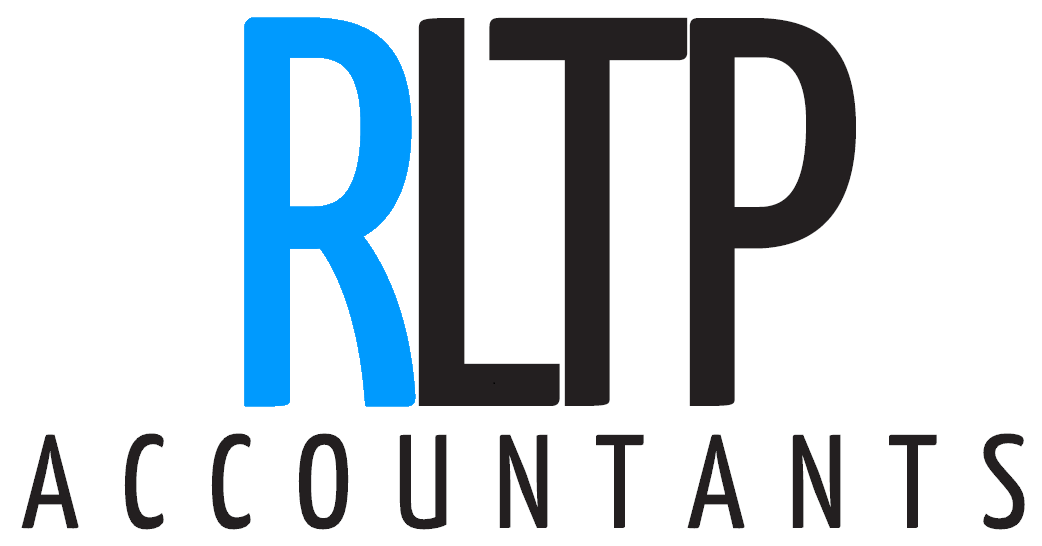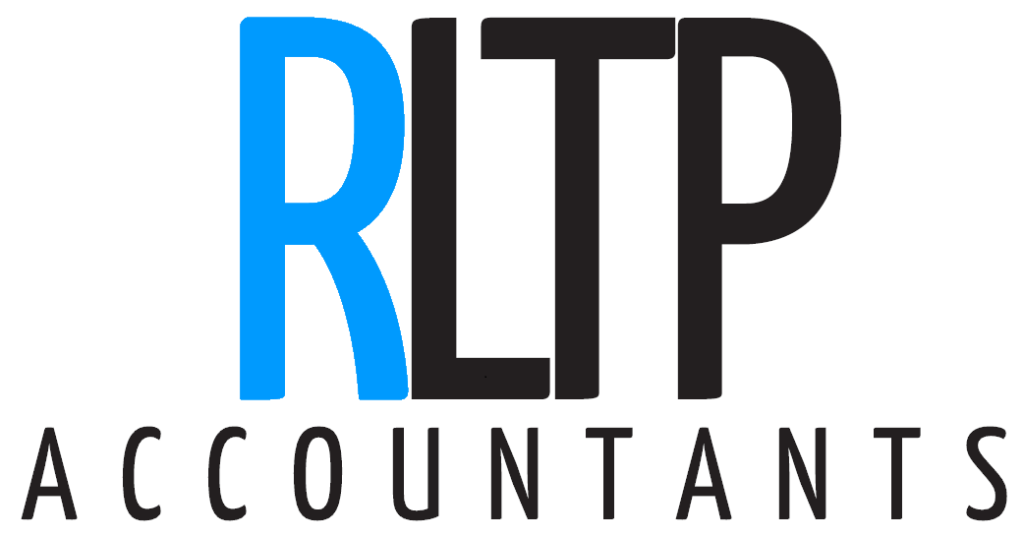It can be difficult to understand the difference between impulsive and deliberate spending, especially when you have to consider other factors within the business. But knowing what each one means, and what it means for your company, could help you to cut unnecessary costs and keep them to an absolute minimum and RLTP Accountants are on hand to explain them both to you.
What is impulsive spending?
Impulsive spending is more likely to occur if you don’t have a deliberate financial plan in place. Effectively, purchasing items or committing money to something that’s not been accounted for in your budget is categorised as impulsive spending, hence why it happens more often when a solid financial plan is lacking.
Impulsive buying or impulsive spending can be detrimental to a business’ success. Going too much over budget could mean that the company misses out elsewhere and that might have to be made up for by their employees. For example, if too much money is spent that cannot be accounted for, then it might mean that employees will no longer benefit from largely discounted food and drink in the canteen in order to make back the money that was ‘lost’.
So how can a business prevent or limit the amount of impulsive spending that takes place?
Make a budget and plan any outgoings ahead of time
- A budget will help to keep your finances in order
- It will also enable you to track and trace outgoings
- If something hasn’t been budgeted for don’t spend the money on it
- Additional spending that’s needed can be accounted for in the budget meeting for the following month
Put aside some petty cash & a pot of money to cover expenses
- This should be worked into your monthly budget plan
- Petty cash allows for small fortunes to be spent that couldn’t have been worked into your existing planned budget
- Employees can use this, with your permission, for smaller items or simple services, such as transportation costs, as and when needed
- Ideal for absorbing money that wasn’t budgeted for initially
Think twice about something before purchasing it
- Take the time to weigh up the pros and cons of making an unplanned purchase
- Making a list of advantages and disadvantages can help to sway your decision
- You should look to get other people involved for second and third opinions
- If it can wait, budget for it in next month’s meeting
Have a spending plan in place & get some advice
- Make a plan of action before going out and spending money you might not have
- If you need new kitchen appliances for your restaurant, research some of the best but most affordable models on the market
- Ask a professional in the industry, or a financial advisor, to help you make the right financial decisions
- It might be in your best interest to purchase second-hand or reconditioned items to save some cash
RLTP Accountants are pleased to be able to offer expert budgeting and forecasting services for a number of businesses, regardless of the industry you work in. Specialising in SMEs and startup companies, we’ll work tirelessly around the clock to ensure your every success if you choose RLTP Accountants for your every financial need.
What is deliberate spending?
Deliberate spending is done when a robust financial plan has been made, often well in advance, and the money can be easily absorbed and accounted for ahead of time. Planned purchases come under the umbrella of ‘deliberate spending’ and are exceptionally common among successful businesses.
Deliberate spending behaviour can be incredibly advantageous to the average company, whether you’re just starting out or are a well-established firm. Benefits of deliberate spending are as follows:
- Helps businesses to avoid deficit spending
- Ensures all money is tracked and accounted for
- Allows for profit margins to be clearly seen so employees can be paid
- Enables a business to save money where possible
- Any leftover cash can be put aside to make up revenue
- Creates a comfortable financial cushion for companies to rely upon as and when needed
- Ensures overall business growth
Here at RLTP Accountants, we’re proud to offer a number of different accountancy services that can be tailored to your individual business needs. From bookkeeping and company formations to payroll services and cloud accounting, we’ll have a bespoke solution that’ll seamlessly suit your requirements.
If you’d like more information about how RLTP Accountants can help you today, get in touch with our highly-skilled, fully-qualified team of specialists – we’re always happy to hear from you.


